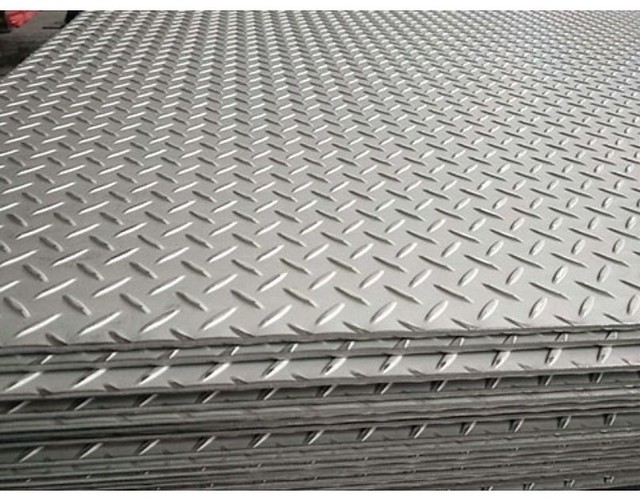Alloy Steel Sheet: A Versatile Metal Panel for Strengthening Applications
Introduction:
Alloyed steel panels are gaining popularity in various industries due to their exceptional strength, durability, and versatility. One such type is the alloy steel sheet, a metal sheet made from alloys that offer enhanced properties compared t alloy steel sheet o traditional steel sheets. This article explores the manufacturing process, characteristics, advantages, applications, tips for selecting this product, and a conclusion on why alloy steel sheets are an excellent choice.
Manufacturing Process:
The production of alloy steel sheets involves carefully blending different metals to create a composition tailored towards Alloyed steel panel specific performance requirements. The precise combination of elements such as chromium and molybdenum among others ensures superior tensile strength and resistance to corrosion. These raw materials are melted together at high temperatures before being rolled into thin sheets through hot or cold rolling techniques.
Characteristics:
One key characteristic of alloyed steel panels is their increased hardness compared to standard carbon steels. This property makes them ideal for dem alloy steel sheet anding applications that require resistance against wear and tear or exposure to harsh environments. Additionally, these sheets exhibit improved formability while maintaining structural integrity, making them highly adaptable for diverse fabrication needs.
Advantages:
The use of Blend steel sheet alloy steel sheets offers several advantages over conventional materials. Firstly, their enhanced strength enables lighter constructions without compromising safety or functionality. Consequently, this leads to cost savings in terms of material usage and transportation expenses. Secondly, the robust nature of these panels guarantees alloy steel sheet longevity even under heavy loads or extreme climate conditions like high humidity or temperature variations.
Applications:
Alloyed steel sheets find extensive applications across numerous industries including automotive manufacturing where they contribute significantly to vehicle body reinforcement components s Metal sheet made from alloys uch as doors or hoods due to their impact resistance capabilities.
Furthermore,
they have proven invaluable in construction projects where load-bearing structures like beams benefit from the added strength offered by these metal panels.
In addition,
alloy
steel
sheet has become a popular choice in the marine industry
due to its ability to withstand the corrosive effects of saltwater.
How to Select Alloy Steel Sheets:
Choosing the right alloy steel sheet for a specific application requires considering several factors. Firstly, understanding the intended use and environmental conditions is crucial in determining which alloy composition PPGI will provide optimal performance. Secondly, evaluating supplier certifications ensures adherence to quality standards and guara PPGI ntees consistent product quality. Lastly, comparing prices from reputable suppliers allows for obtaining competitively priced sheets without compromising on product integrity.
Conclusion:
Alloy steel sheets are an excellent choice for those seeking high-performance materials that offer durability, strength, and versatility.
Their manufacturing process involves blending different metals resulting in enhanced properties compared to traditional carbon steels.
The increased hardness combined with improved formability makes t alloy steel sheet hese panels ideal for various applications where resilience against wear and tear or exposure to harsh environments is required.
By choosing alloy steel sheets,
one can enjoy advantages such as material and transportation cost savings while still ensuring long-term structural integrity.
When selecting this product,
careful consideration of its intended use,
supplier quality certifications,
and price comparisons are essential factors towards making an informed decision.
In conclusion,
alloyed ste

el panels present themselves as reliable options across industries that demand robustness without compromising efficiency.
